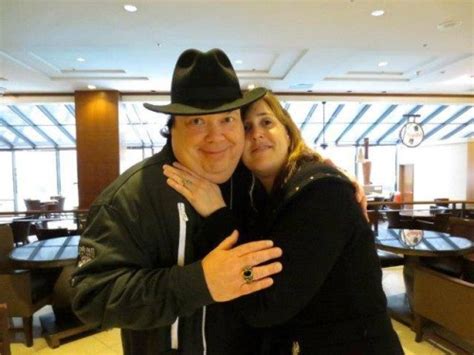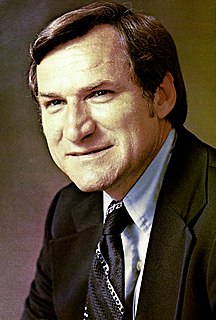A Quote by Bear Bryant
When you make a mistake, there are only three things you should ever do about it: 1. Admit it. 2. Learn from it, and 3. Don't repeat it.
Related Quotes
But what if I make a mistake?' Will asked. Gilan threw back his head and laughed. 'A mistake? One mistake? You should be so lucky. You'll make dozens! I made four or five on my first day alone! Of course you'll make mistakes. Just don't make any of them twice. If you do mess things up, don't try to hide it. Don't try to rationalize it. Recognize it and admit it and learn from it. We never stop learning, none of us.
The more you simplify, the better people will perform. People can not understand and keep track of a long complicated set of initiatives. So you have to distill it down to one, two, or three things and use a framework they can repeat, they can repeat without thinking about, they can repeat to their friends, they can repeat at night.
... I don't think anybody should avoid mistakes. If it is within their nature to make certain mistakes, I think they should make them, make the mistakes and find out what the cost of the mistake is, rather than to constantly keep avoiding it, and never really knowing exactly what the experience of it is, what the cost of it is, you know, and all the other facets of the mistake. I don't think that mistakes are that bad. I think that they should try and not do destructive things, but I don't think that a mistake is that serious a thing that one should be told what to do to avoid it.
It'd be nice to learn enough from each mistake that we'd be guaranteed to never repeat that same mistake twice. But, how many times have you said, 'I'll never do that again,' only to find yourself right back at it a few days later. Learning from our mistakes requires humility and a willingness to look for new strategies to become better.
Nothing fails like success, because we do not learn anything from it. We only learn from failure, but we do not always learn the right things from failure. If there is a failure of expectations, that is, if the messages that we receive are not the same as those we expected, we can make three possible inferences.
When my son was a mere three months old, I started working at the State Department. I was not only the youngest Assistant Secretary of State but I was also a breastfeeding mother. I'm the first to admit that this felt crazy at times, and the balancing act is never ever easy. But my two kids are the most wonderful things that have ever happened to me.
One of the most difficult problems of our age is that leaders, and perhaps academics as well, cannot readily admit that things are out of control and that we do not know what to do. We have too much information, limited cognitive abilities to think in systemic terms and an unwillingness to appear to be in control and to have solutions for our problems. We are afraid that if we admit to our confusion, we will make our followers and students anxious and disillusioned. We know we must learn how to learn, but we are afraid to admit it.





































